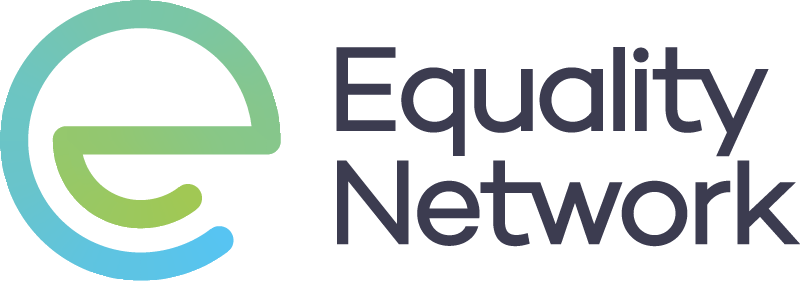
What impact did the pandemic have on support networks?
The impact of the pandemic was as complex and individual as the LGBTI+ community itself. People who responded to this survey described their networks evolving (for better or worse), being interrupted, stratified, or, somehow, not changing much at all.
For some, the pandemic’s impact could be summed up in one word, and these included:
Extreme. Decimated. Devastating. Depressing. Limiting. Restricted. Disappeared. Considerable. Catastrophic. Detrimental.
Respondents described how their support networks shifted from physical spaces to online spaces (for better or worse), and in some cases did not return to pre-pandemic levels of engagement once restrictions were lifted.
“During the pandemic my online communities became much stronger and spending time there led to a marked improvement in my mental health, but it has been hard – even though I could see it coming – to deal with events becoming less frequent and fewer people attending them.”
“As a single LGBTQI+ person, the ‘bubble’ legislation prevented me from socialising with any other LGBTQI+ individual in person, I was isolated to my flat for the duration of the lockdown. …It took almost another two years to rebuild tenacity in my social networks to feel safe enough to meet up. Some more peripheral social networking groups and events never recovered and faded away.”
“Most of my friends are also migrant so they had the same desire to reconnect once the restrictions were lifted. It was difficult not to see my family in person for a long time but luckily technology helped, as it did with the therapy session: that has easily adapted to the new lifestyle we had to adopt. The relationship with fellow activists was more damaged: we struggled to keep in touch and even doing activism as everything was closed down, movements were limited and meeting other people would mean ‘expand our bubble’ putting ourselves at risk.”
“It was super difficult. It really disrupted social interaction. I didn’t take well to everything moving online. I got zoom fatigue easily.”
The most reported feelings respondents experienced during the pandemic were isolation and loneliness, as people found difficulty in accessing chosen family.
“There were months where the only people I spoke to were the key workers in the supermarket I visited once a week. It was a hard time and coming back from it is hard.”
“I felt extremely isolated, low, anxious, concerned, depressed, lonely and alone. Whilst I knew I had a good support network out there, it never felt enough. I could ring someone and speak to them for an hour, but then they had to go and so I was on my own yet again. It was very isolating and I don’t think it’s something I’ve been able to really process yet.”
“Felt pretty isolated with my immediate family.”
“I became more isolated.”
“I was basically alone for a very long time.”
Isolation and loneliness were part of a wider trend amongst survey respondents, a significant number of whom reported an increase in mental health struggles in themselves and/or members of their support networks.
“Couldn’t see people as much, and meant the support networks couldn’t meet as a whole, only fragmented which made things harder. A lot of my people had very bad pandemic induced mental health issues, so it was very hard without that support being in a [physical] space.”
“I think our mental health has been massively impacted and a lot of people stepped back from volunteering because of this.”
As social interaction shifted for support networks, those engaging either in-person or online reported worrying about the secondary negative effects of people needing extra support. This came in the form of the negative impact of social media, empathy or carer fatigue, and a feeling of ‘not wanting to be a burden’ for others.
“Friends are always good, but you worry about overburdening them. … Twitter and social media are the most negative – there’s scope for being easily overwhelmed, and a torrent of constant bad news will degrade my mood quickly. But they are also essential for organising and staying informed, so I try to keep a balance.”
“I am also a source of emotional support to a large number of my friends, which means I cannot show weakness publicly, and that can be very hard.”
